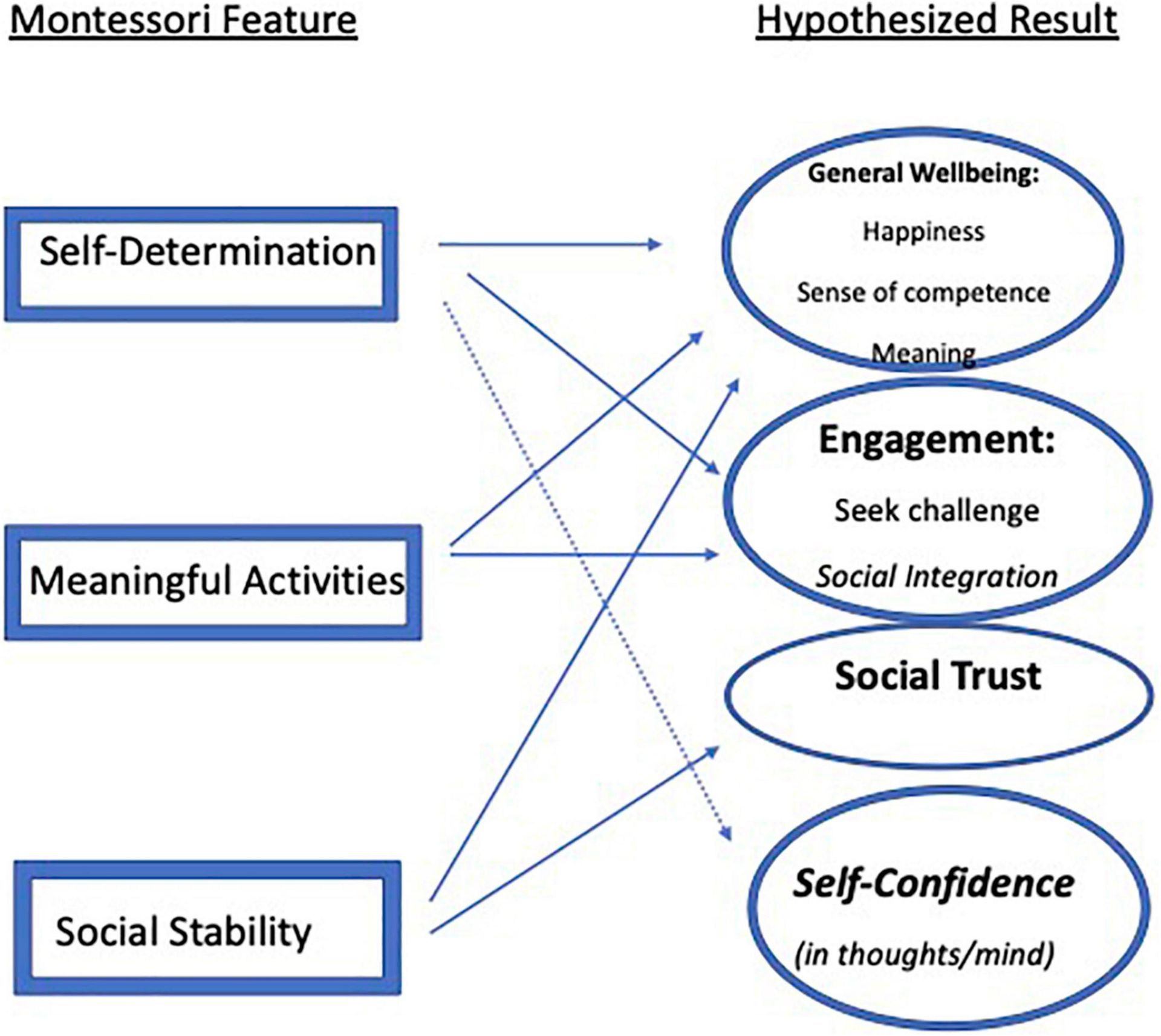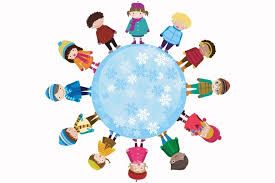
The Power of Montessori: Intellectual, Emotional, and Social-Spiritual Outcomes

Montessori education is more than a teaching method—it’s a transformative approach to childhood development. With its focus on fostering independence, intrinsic motivation, and a love of learning, Montessori nurtures the intellectual, emotional, and social-spiritual potential of every child. Here's a closer look at the key outcomes of a Montessori education, inspired by insights from Barbara, Vanessa, and Monica.
Intellectual Outcomes
Academic Achievement
Montessori students often excel academically, outperforming peers in traditional educational settings. Through the
three-year cycle, children develop literacy, numeracy, and executive function skills. This is achieved through practices like individual learning, self-mastery, and tools for self-correction. Concepts such as
control of error and fostering deep
concentration and flow allow students to internalize their learning.
Critical Thinking
Montessori education encourages students to ask questions, make connections, and think critically. The curriculum serves as “keys” to unlock curiosity, inspiring children to explore further. Activities emphasize self-regulation, allowing students to work at their own pace and delve deeply into subjects that spark their interest.
Problem-Solving Skills
In Montessori classrooms, students organize their thoughts, tackle challenges, and learn new concepts independently. They develop essential life skills like taking turns, following directions, and building effective strategies for problem-solving.
Language Development
Hands-on materials are central to Montessori’s approach to language. Students progress from learning letter sounds to building words and sentences, laying a strong foundation for literacy.
Concentration
Montessori emphasizes
side-by-side work and activities designed to develop sustained focus. By fostering this concentration early, students build the capacity for deeper engagement in learning tasks.
Beyond these intellectual benefits, Montessori nurtures creativity, emotional intelligence, intrinsic motivation, and a lifelong love for learning.
Emotional Outcomes
Montessori education values emotional intelligence as much as academic success. By prioritizing social development and emotional well-being, Montessori can lead to profound emotional benefits:
Emotional Intelligence
Through self-regulation and resilience, Montessori students develop strong emotional intelligence. They learn empathy and how to engage with others in meaningful ways.
Well-Being
A 2021 study highlights that adults who attended Montessori schools for at least two years report higher levels of well-being, social trust, and self-confidence.
Self-Determination
Montessori classrooms give children ownership of their actions and decisions. This sense of autonomy fosters intrinsic motivation and the confidence to seek out challenges.
Sense of Belonging
Mixed-age classrooms and community-oriented structures cultivate mutual respect and a deep sense of belonging.
Empathy and Leadership
Older students in Montessori classrooms often mentor younger peers, nurturing empathy, leadership skills, and social responsibility.
Cooperation
Montessori students learn to collaborate effectively, respecting the needs and space of others—a skill that serves them throughout life.
Social and Spiritual Outcomes
Montessori education nurtures a child’s social and spiritual growth, creating well-rounded individuals who understand their place in the world.
Social Development
Montessori’s mixed-age classrooms encourage children to interact, collaborate, and develop empathy. Through these interactions, children build communication skills and foster a sense of community.
Independence
The Montessori method emphasizes independence. Children learn to care for their needs, make decisions, and take responsibility for their actions—skills that instill confidence and self-reliance.
Global Awareness and Respect
Montessori students develop an appreciation for diversity and their role in the global community. They’re taught to respect all living things, fostering both environmental stewardship and cultural awareness.
Sense of Purpose
Montessori education balances
freedom and responsibility. Children choose their activities and work at their own pace but are accountable for respecting others and the classroom environment.
Spiritual Outcomes
Montessori goes beyond academics and social skills to nurture a child’s spiritual development.
- Sense of Belonging: Children learn that they are part of a larger whole—the universe—and that their contributions matter.
- Understanding Common Needs: They explore the shared needs of humanity across time and cultures, fostering unity and compassion.
- Self-Discipline: Respectful engagement and liberty within limits guide children toward self-discipline and inner peace.
- Connection with Others: Montessori fosters meaningful relationships, teaching children to build connections rooted in empathy and respect.
The Montessori Legacy
Montessori education is a journey of discovery, fostering intellectual, emotional, and social-spiritual development in every child. By emphasizing independence, collaboration, and intrinsic motivation, Montessori not only prepares children for academic success but also shapes them into compassionate, thoughtful, and engaged members of society.
Whether it’s mastering academic skills, building emotional resilience, or developing a deep connection to the world around them, Montessori empowers children to reach their full potential—one lesson at a time.


